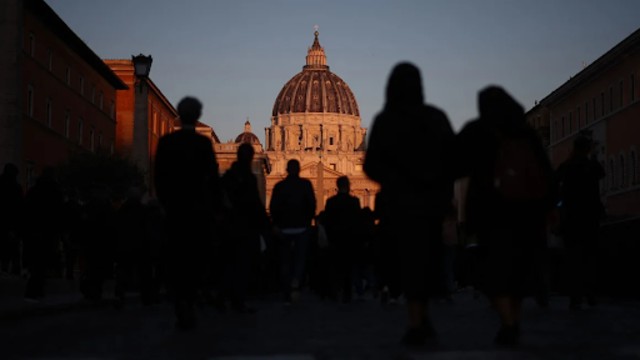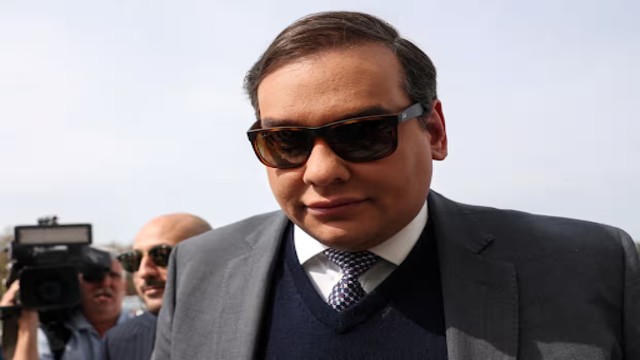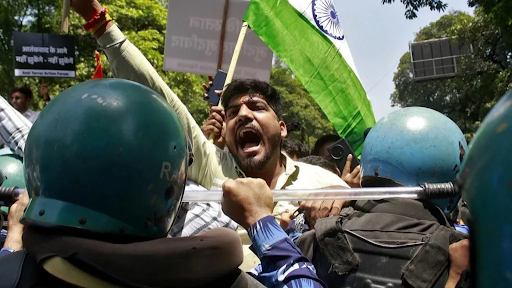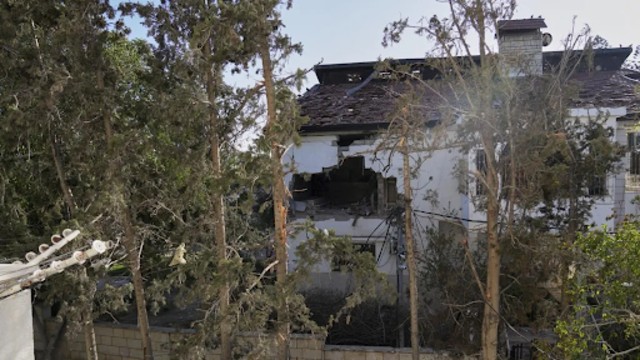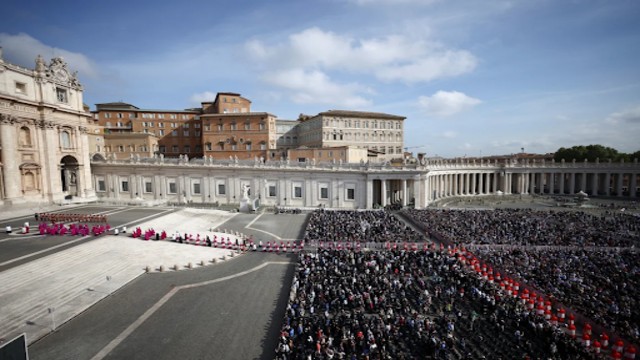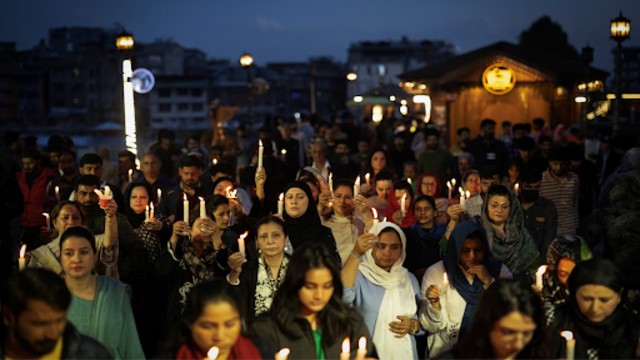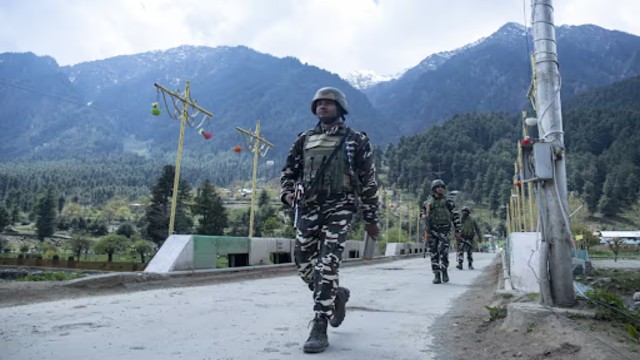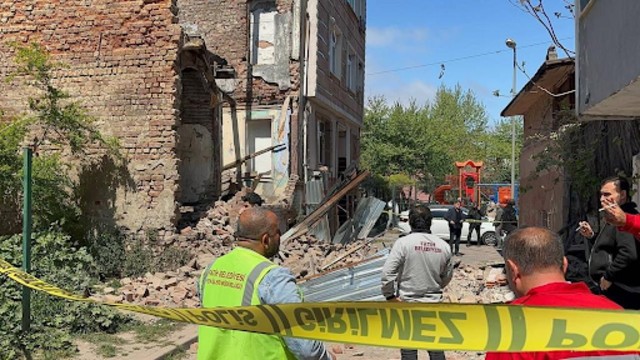
Image credit: Getty Images
Khalid Sheikh Mohammed, the man accused of masterminding the September 11, 2001 attacks, has agreed to plead guilty, according to the Defense Department. This move signals a long-awaited resolution to the devastating attacks that killed nearly 3,000 people and had a profound impact on the U.S. and the Middle East.
Mohammed, along with his associates Walid Bin Attash and Mustafa al-Hawsawi, is expected to enter guilty pleas at a military commission in Guantanamo Bay, Cuba, potentially as early as next week. This plea agreement is part of a broader effort to resolve the cases of those charged in connection with the attacks.
The agreement comes after over 16 years of legal proceedings and more than 20 years since the hijackings that led to the destruction of the World Trade Center towers in New York City, the attack on the Pentagon, and the crash of United Flight 93 in Pennsylvania. These attacks led to the U.S. initiating a "war on terror," which resulted in the military invasions of Afghanistan and Iraq and prolonged conflicts across the Middle East.
The plea deal could include life sentences for the defendants, a point highlighted by relatives of the victims. Terry Strada, leader of one of the victims' families groups, expressed frustration with the plea agreement, saying it fell short of the justice many had hoped for. "They were cowards when they planned the attack, and they’re cowards today," Strada said.
The Pentagon has not yet released detailed terms of the plea deals. The legal process has been notably protracted due to issues related to the treatment of the defendants. Khalid Sheikh Mohammed, captured in 2003, was subjected to waterboarding and other harsh interrogation techniques while in CIA custody. These methods have complicated the legal proceedings, as evidence obtained through torture is inadmissible in court.
Human rights advocates have been critical of the detention and trial process. Daphne Eviatar of Amnesty International USA welcomed the move toward accountability but called on the Biden administration to close the Guantanamo Bay detention center, where many detainees remain despite being cleared for release. Eviatar also urged for measures to prevent future state-sanctioned torture.
The plea deal marks a significant step in a case that has been mired in legal and ethical controversies for years. Some families of the victims, like Strada, had hoped for a full trial to hold the accused accountable through a more traditional judicial process. “For me personally, I wanted to see a trial,” Strada said. “And they just took away the justice I was expecting, a trial and the punishment.”


